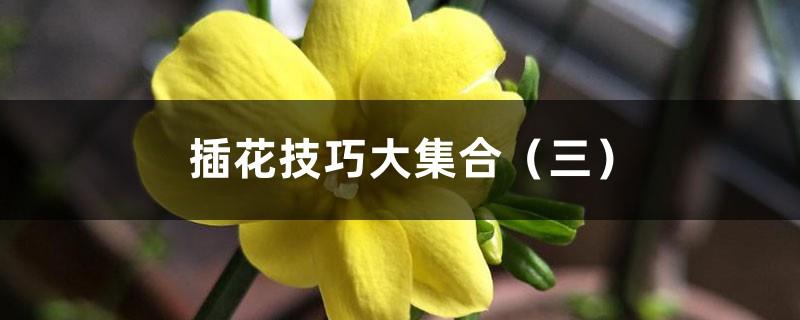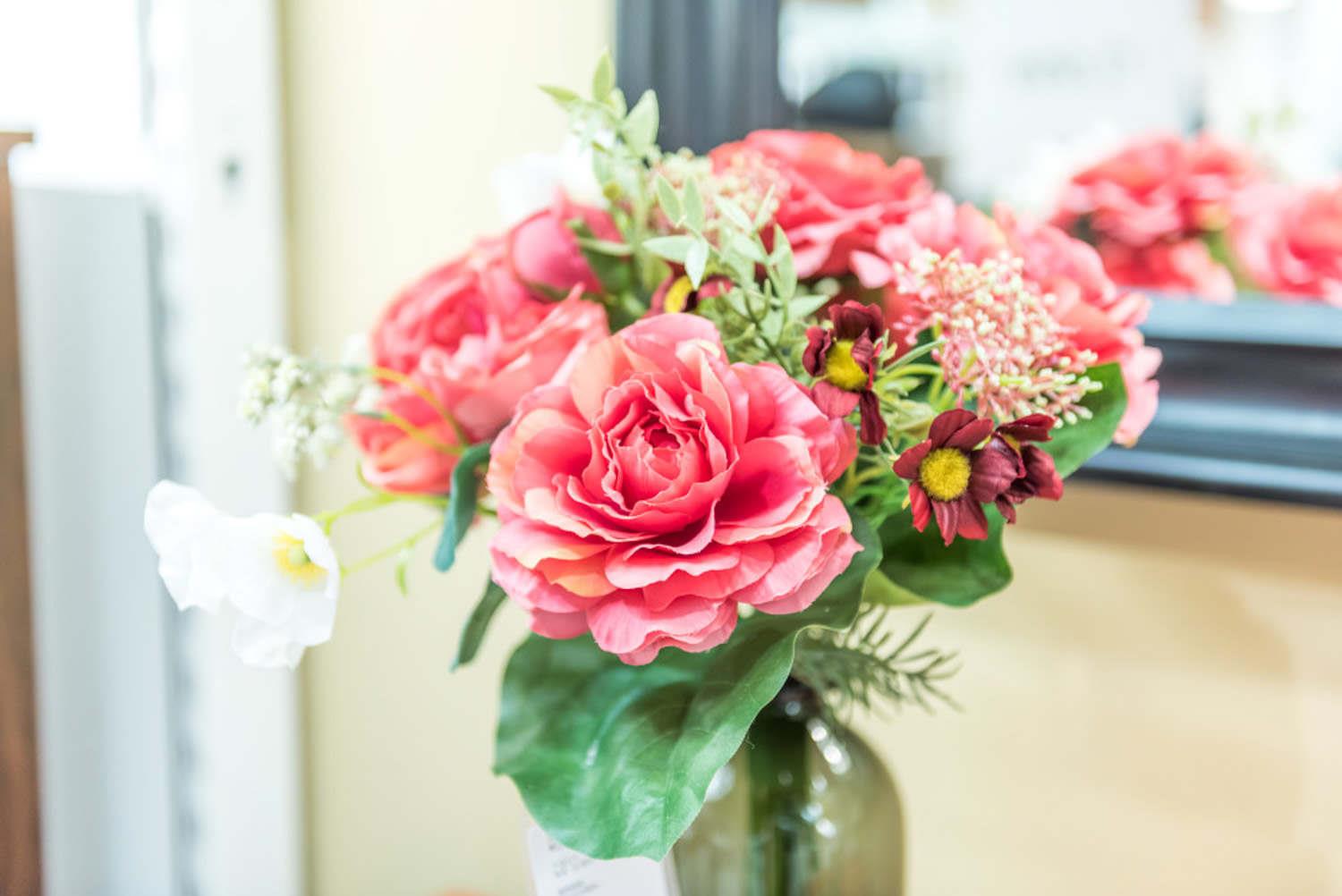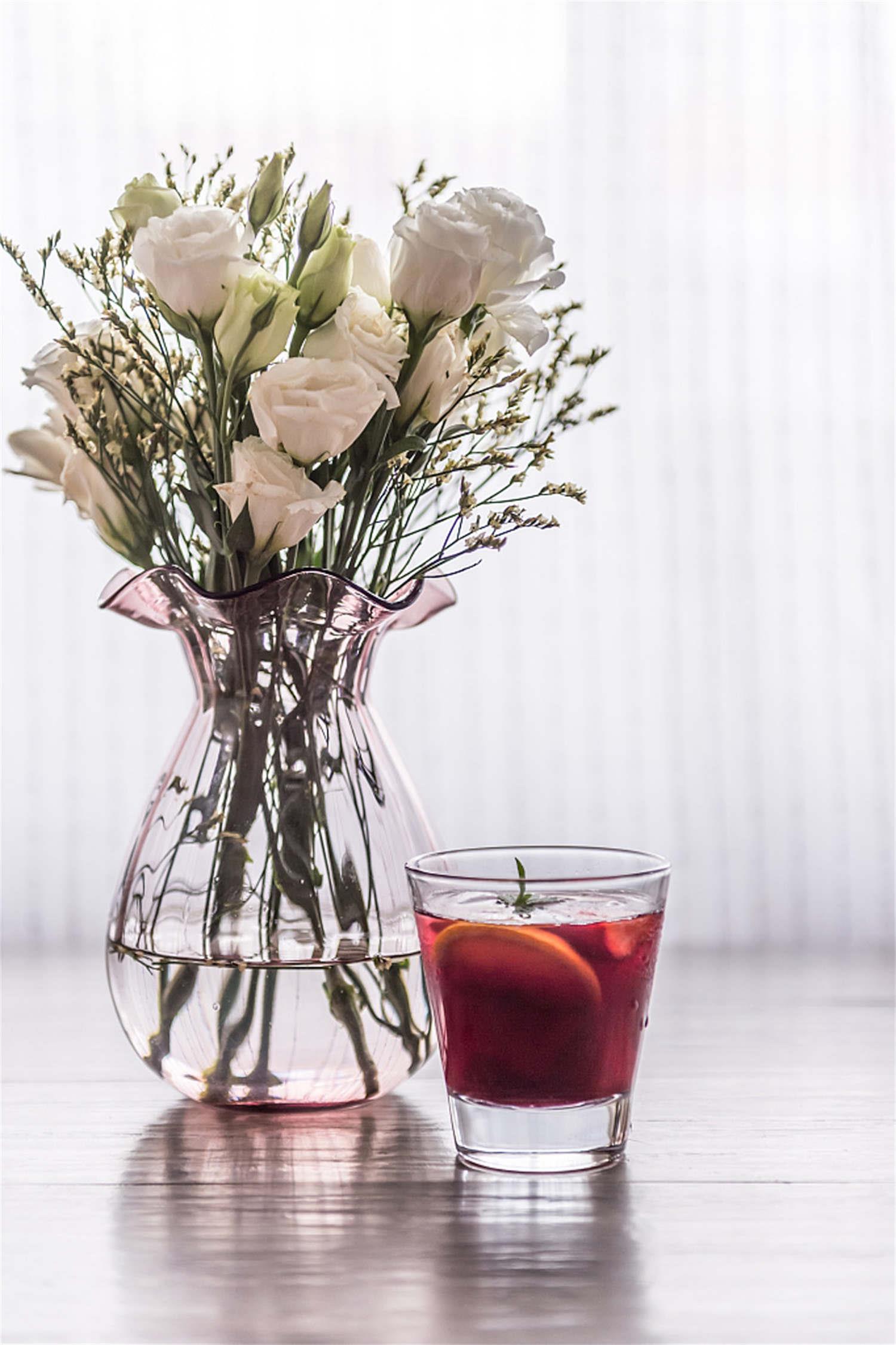A collection of flower arrangement skills (3)
Last Update :2024.10.24
Article Catalog
The editor has already introduced some flower arrangement techniques in two articles. Do you still think it is not enough? Then let the editor continue to work hard and continue to provide you with useful flower arrangements!

leaf flipping method
Leaf drawing method
This method is suitable for plant leaves with parallel veins, such as Ruo leaves, etc. The leaves can be torn longitudinally. When the leaves are not completely torn, a few more threads can be pulled along the veins to produce spindle-shaped arc leaves.

Leaf turning method
If the leaves are sword-shaped, when using this method, you must first cut a slit longitudinally in the middle of the leaf, bend the front of the blade, penetrate through the slit and pull out the blade, so that the wings turn over. The shape comes out.

Branch knotting method
You can choose flowers with soft branches such as weeping willows and winter jasmine, or plants with slender leaves such as yucca and calligraphy for knotting. The knotting method should be determined according to the shape of the flower arrangement. Tightness.
Branches and leaves bending method
This is to express the needs of nature by appropriately "destroying" the complete branches, such as removing the branches in the basin. The calamus leaves are bent to express the scenery of the river and pond.

Inverted branch cutting method
Some woody branches will not shrink even if they dry up. The branches can be placed upside down in a vase to achieve certain artistic effects.
Group bundling method
Some wild flowers and plants have very small flowers and are better viewed together. You can hold the flowers into groups when arranging flowers. Tie with string and insert into vase after handling.

Branch knotting method
branch bending method
Branch cutting method
group bundling method
- END -
Is it easy to grow clematis?

Clematis is not easy to grow and has high environmental requirements. When plantin...
Can rhododendrons bloom in winter?

Winter is coming, and it’s time for plants that have been placed outdoors for a l...